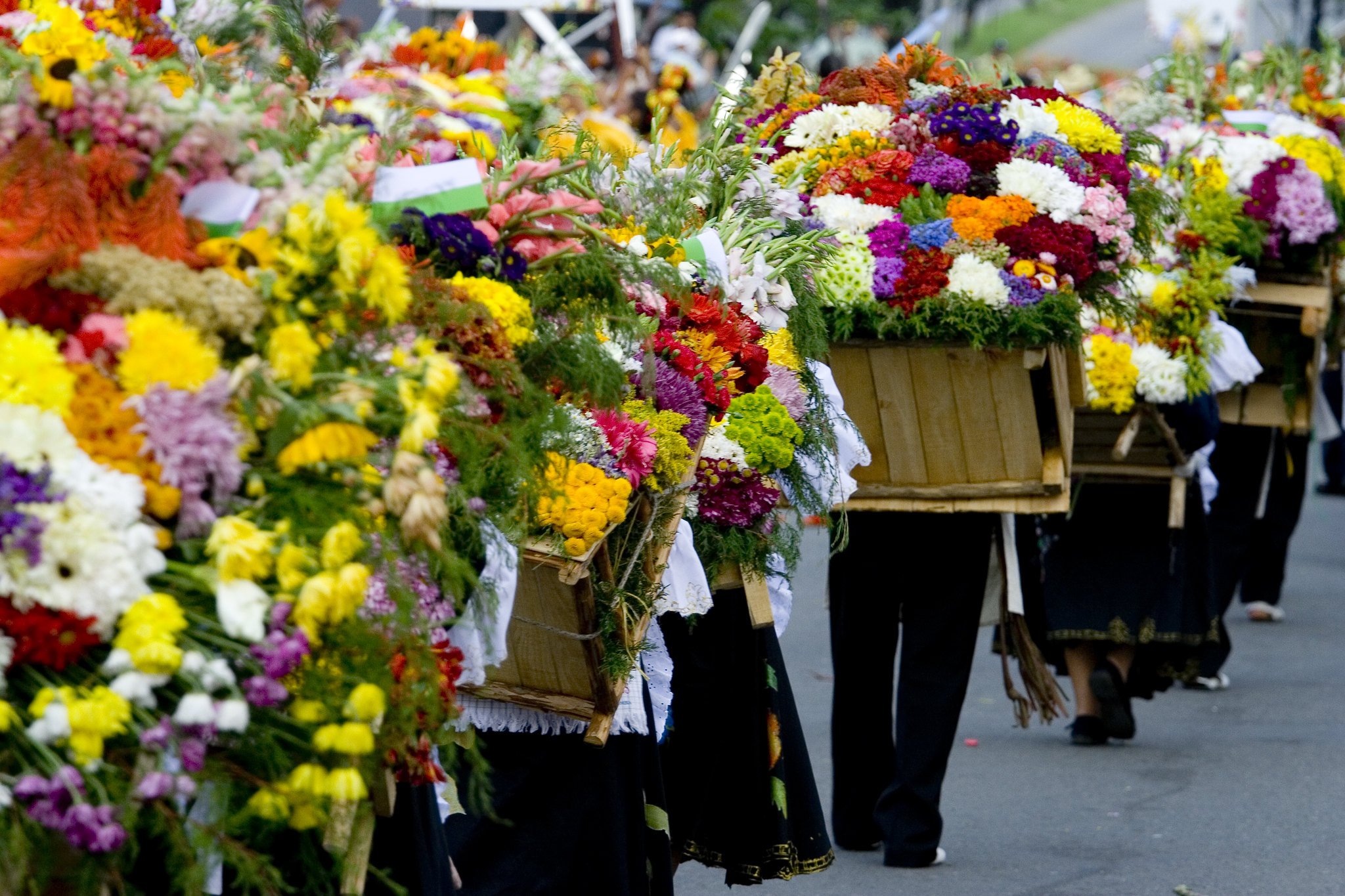Federico Carrasquilla
Father Federico Carrasquilla Muñoz is an Antioquian priest born in Itagüí, Colombia and assigned to the Archdiocese of Medellín. In 1958, he went to Rome to study theology at the Gregorian University and was ordained in 1959 in the chapel of St. John Lateran, Italy. He experienced up close the appointment of John XXIII as Pope and the events related to the Second Vatican Council. During his theological studies in Rome, he learned about the spirituality of Brother Charles de Foucauld, who left a deep impression on Fr. Carrasquilla for life. His philosophical work also draws from that of Karl Marx, whose method of analyzing reality Fr. Carrasquilla emulated. His book Escuchemos al corazón: Aportes para una antropología del pobre [Let Us Listen to the Poor: Contributions to an Anthropology of the Poor] (Indo American Press Service, 1997) takes cues from Marx, in addition to his reading of Jesus in the gospels. His other publications include essays in Volver a Jesús de Nazaret [Return to Jesus of Nazareth] (Boletín Horeb, 2011); Los escandalos de pedofilia en iglesia: Una lectura desde la fe [Pedophilia Scandals in the Church: A Reading from Faith] (San Pablo, 2014); and Escuchemos al corazón: Elementos de antropología de la afectividad [Let Us Listen to the Heart: Elements of an Anthropology of Affectivity], with Verónica Reyes Mercado (2022). Upon his return to Medellín in 1962, he began working as rector of Philosophy at the Conciliar Seminary. In 1967, he went to live and work in the parish La Divina Providencia, in the Popular neighborhood of Medellín, where there was a process of “invasion” underway by inhabitants who came from the different towns and regions of Antioquia due to the cycle of violence that the country was experiencing at the time. Alongside the community, he experienced the permanent tension brought on by police, precarious housing, and the subsequent cycles of violence due to the arrival of guerrilla groups such as the ELN and the M-19, and by the emergence of drug trafficking in the 70s and 80s. In 1984, the archbishop of Medellín transferred Fr. Carrasquilla to a parish in the municipality of Bello. He was later part of the Golconda group (“red priests”) and Sacerdotes para América Latina [Priests for Latin America] (SAL). Now octogenarian, he continues to produce scholarship, leading retreats and speaking before groups comprising lay people, educators, intellectuals, and at universities. –Hernán Ramírez


